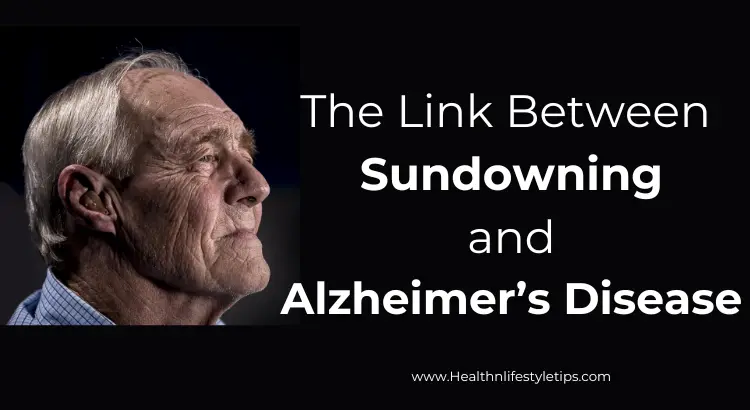Alzheimer’s disease, a complex and debilitating form of dementia, affects countless individuals and their families worldwide. One of the less discussed but significant aspects of Alzheimer’s is the phenomenon of ‘sundowning,’ a term used to describe the worsening of dementia symptoms such as agitation, confusion, and anxiety during the late afternoon and evening hours.
This article aims to get into the intricate relationship between sundowning and Alzheimer’s disease, examining its causes, the profound impact it has on patients and their caregivers, and the various strategies employed for managing this challenging symptom.
Keep reading to learn more about the link between sundowning dementia and Alzheimer’s disease.
The Nature of Sundowning in Alzheimer’s
Sundowning dementia is a unique aspect of Alzheimer’s disease, characterized by an increase in behavioral problems during the evening hours. This worsening of symptoms is believed to be linked to disrupting the circadian rhythm, the internal body clock that regulates sleep-wake cycles. The changes in the brain caused by Alzheimer’s may disrupt this natural rhythm, leading to increased confusion and agitation as the day progresses.
The causes of sundowning are multifaceted. Environmental factors like decreased lighting and increased shadows in the evening can contribute to anxiety and confusion in Alzheimer’s patients.
Additionally, the end-of-day activities and the accumulation of sensory stimuli can overwhelm the already compromised cognitive functions of individuals with Alzheimer’s, further intensifying sundowning symptoms.
Impact on Patients and Caregivers
For patients, the experience of sundowning can be highly distressing. The increased confusion and agitation can lead to various behaviors, from pacing and wandering to verbal outbursts and even physical aggression. These symptoms not only pose a safety risk to the patients themselves but also significantly affect their quality of life, leading to increased dependency and a loss of personal autonomy.
Caregivers face immense challenges in managing sundowning symptoms and must practice self-care. The unpredictable nature of these symptoms, often peaking in the evenings, can disrupt routines and lead to increased caregiver stress and burnout.
The emotional toll of watching a loved one struggle with sundowning, coupled with the physical demands of caregiving, can be overwhelming, underscoring the need for adequate support and resources for caregivers.

Strategies for Managing Sundowning
Effective management of sundowning involves a combination of environmental adjustments, behavioral strategies, and, when necessary, medical intervention. Creating a calm and safe environment in the evening, with adequate lighting and minimal noise, can help reduce confusion and anxiety.
Maintaining a consistent daily routine, including regular sleep schedules and engaging activities during the day, can help stabilize the circadian rhythm and reduce the severity of sundowning symptoms.
Medical interventions, such as the careful use of medications to manage mood and sleep disturbances, can also play a crucial role in managing sundowning. Caregivers and healthcare professionals need to work together to develop a comprehensive care plan that addresses both the medical and emotional needs of the individual with Alzheimer’s.
Embracing the Challenge
Navigating the complexities of sundowning in Alzheimer’s disease is a formidable challenge for patients, caregivers, and healthcare professionals.
Understanding the triggers and symptoms of sundowning is the first step in developing effective management strategies. Providing compassionate care, support, and resources for those affected is crucial in enhancing patients’ and caregivers’ quality of life.
As research continues to shed light on the intricacies of Alzheimer’s and sundowning, there is hope for more effective treatments and a better understanding of this challenging aspect of dementia care.
Embracing this challenge with patience, knowledge, and empathy is key to providing the best possible care for those affected by sundowning in Alzheimer’s disease.
